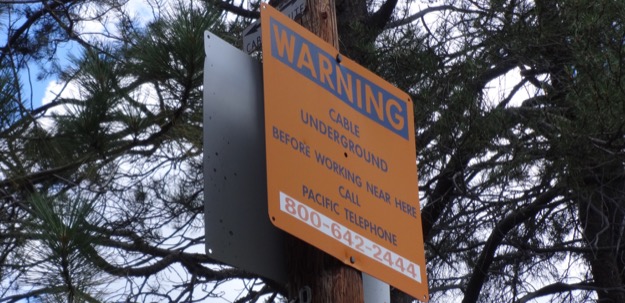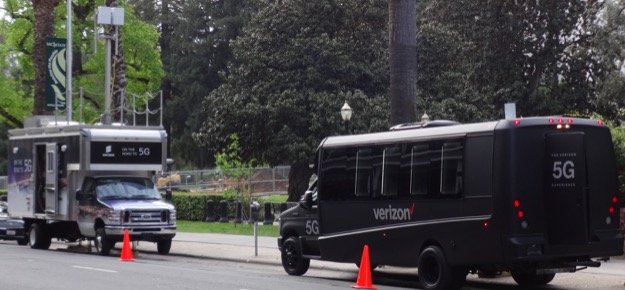Net neutrality bill lands in the California senate with dim hopes
A doomed attempt to impose network neutrality rules scrapped by the Federal Communications Commission is underway in Sacramento. California senate president pro tem Kevin de León (D – Los Angeles) gutted senate bill 460, a leftover broadband bill from last year, and replaced it with language that would reinstate the three “bright line rules” – no blocking, throttling or paid prioritisation – adopted by the democratic majority FCC in 2015 and repealed by the republican majority FCC last month.… More










